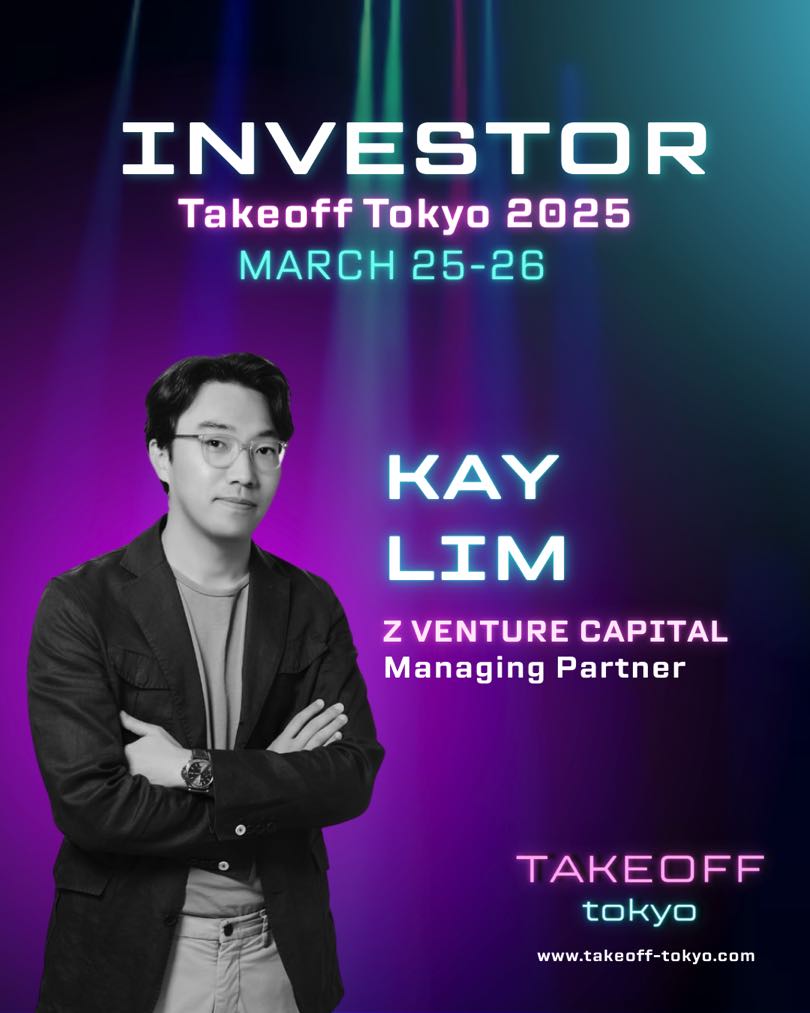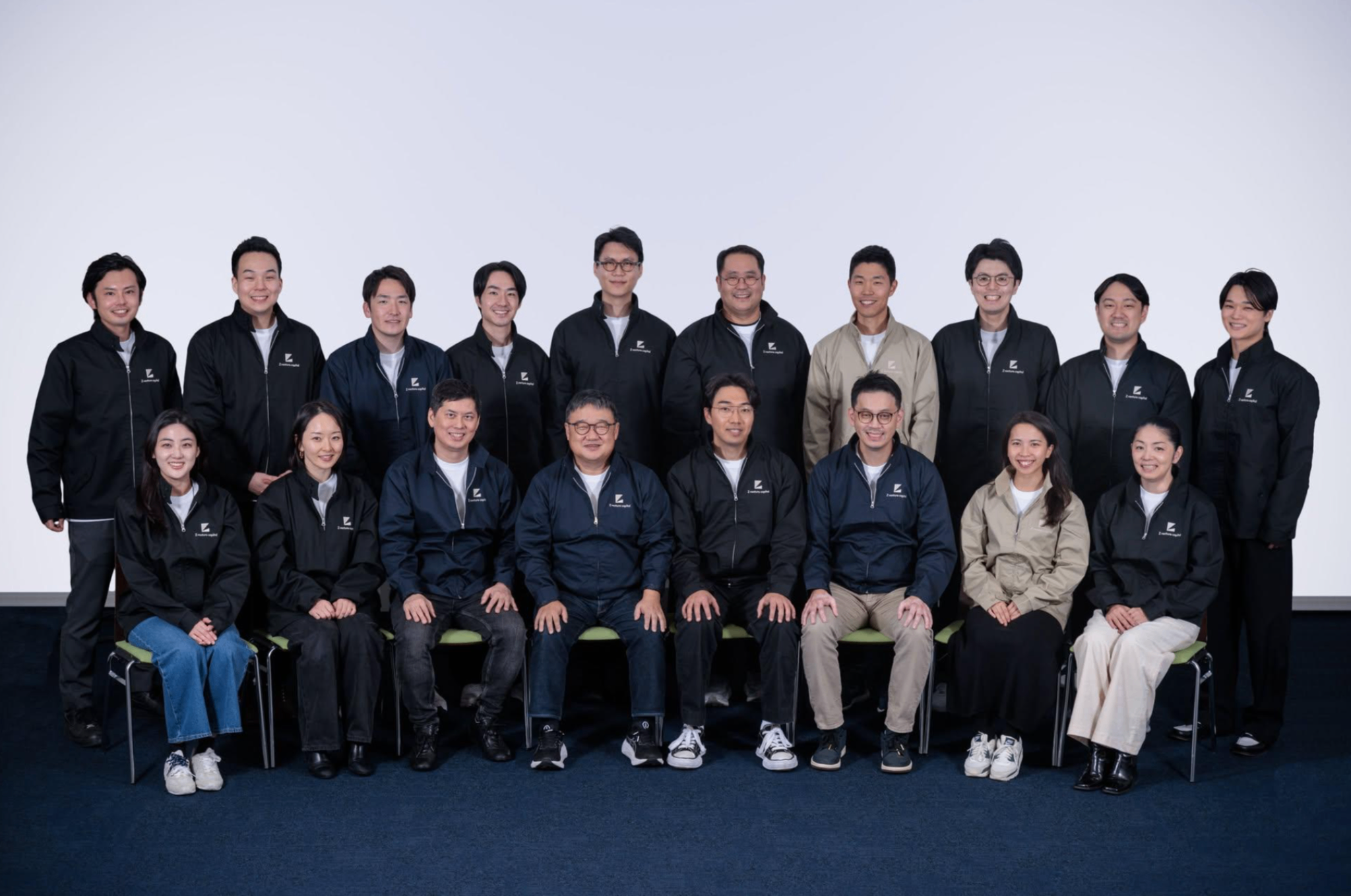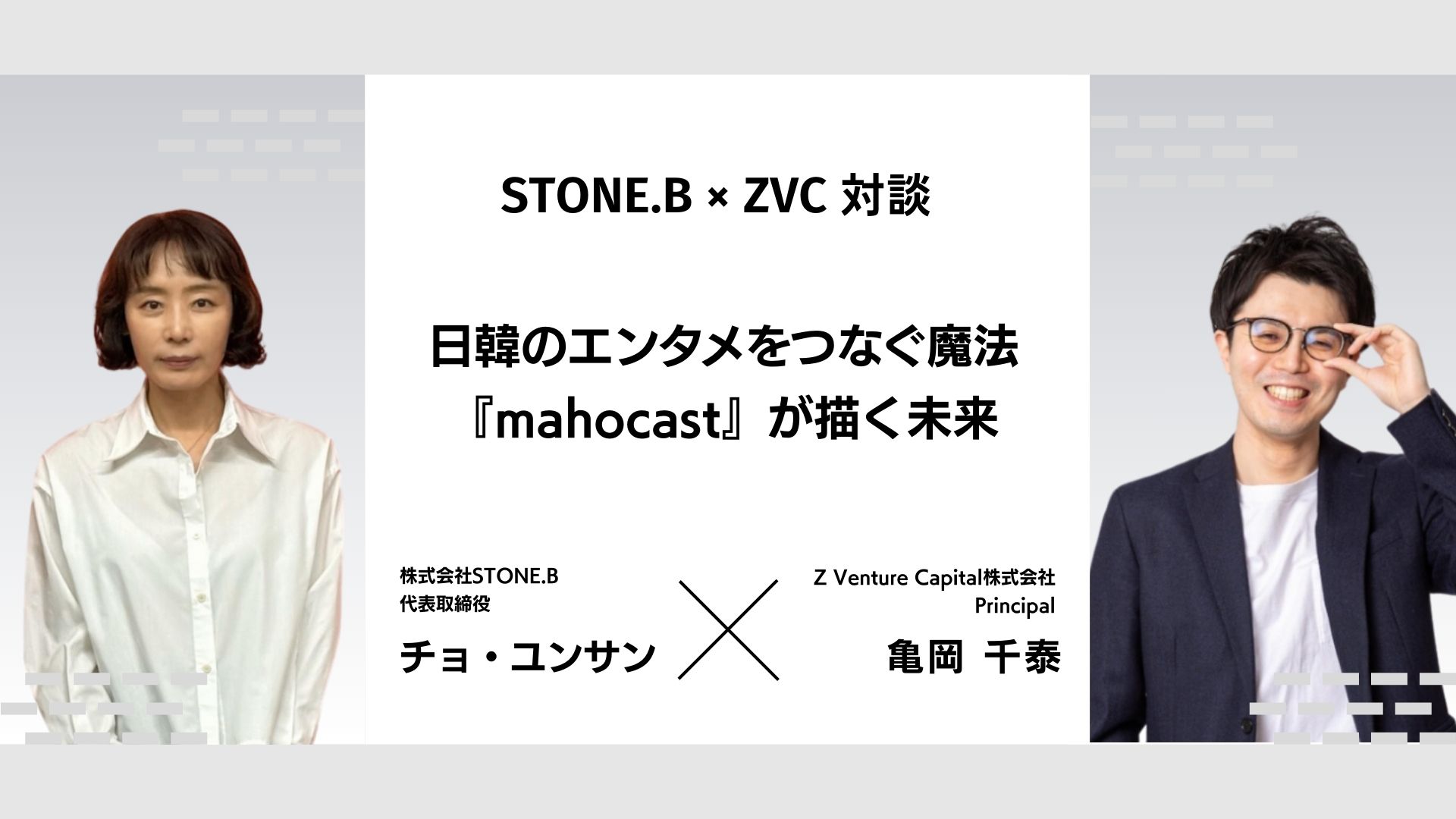
"STONE.B × ZVC Dialogue / The Magic Connecting Japanese and Korean Entertainment — The Future Envisioned by 'mahocast'"
by Shogo Takahashi
Many of our readers may have seen announcements for the Japan concerts of leading K-POP artists such as IU, the queen of K-POP, or NMIXX, the sister group of TWICE—and perhaps some of you have even attended their live performances.
The company behind these events—which serve as a bridge between Japanese and Korean entertainment—is mahocast. The platform is operated by STONE.B, the company that Z Venture Capital announced its investment in last week.
Mahocast’s strength lies not only in event production, but in its ability to leverage an extensive Japan–Korea network to provide a one-stop solution—from organizing live performances for top artists to managing fan clubs, ticket sales, and merchandise.
To explore the story behind STONE.B, we sat down for a conversation between Cho Younsang , CEO of STONE.B, and Chihiro Kameoka, the Z Venture Capital principal in charge of the investment. Together, they discussed everything—from the behind-the-scenes of their fundraising journey to their vision for the future and messages to their partners.
【STONE.B Inc.】
Founded in Japan in 2017 as an IT company, STONE.B now operates a ticketing service and fan club platform in addition to producing live performances for a wide range of K-POP artists.
【Interview Participants】
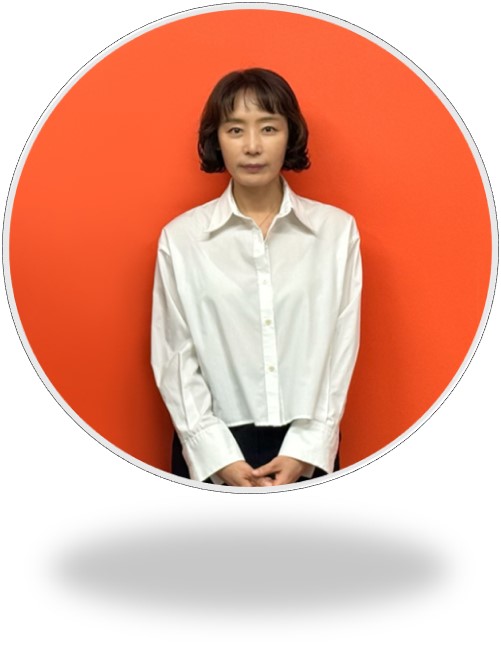
Cho Younsang — CEO, STONE.B Inc.
After earning a degree in Social Welfare from Yonsei University, she joined the Hyundai Group’s advertising agency, where she was responsible for planning and managing large-scale government and corporate events. She later served as an administrator in the Presidential Secretariat under two consecutive administrations, overseeing the Korea Millennium Project and contributing to the reform of the national public relations system. At the Korea Exchange (KRX), she spent four years as Head of the PR Planning Team, working alongside Lee O-young, Korea’s first Minister of Culture, to develop various cultural content initiatives, including the Sesal Village Project. In 2017, she moved to Japan and founded STONE.B Inc.
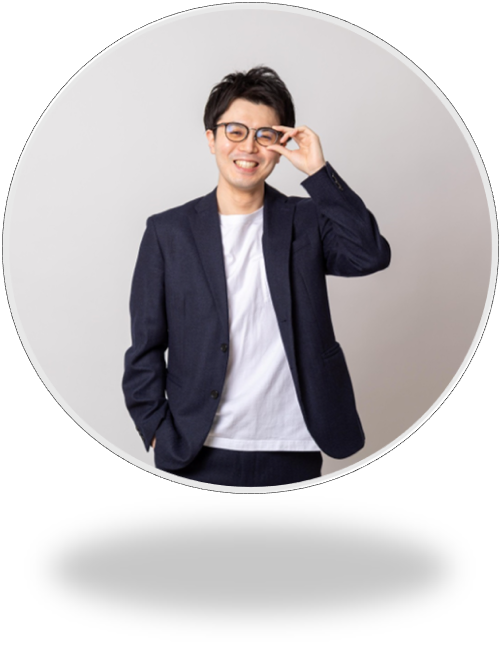
Z Venture Capital Principal Chihiro Kameoka
Chihiro Joined Z Venture Capital in January 2023. Prior to Z Venture Capital, Chihiro worked at Nishimura & Asahi law firm before joining YCP (consulting and investment business). At Nishimura & Asahi, Chihiro worked on M&A and corporate matters as a corporate lawyer, and at YCP, he provided consulting services to companies in various phases of business creation, strategy development, management improvement, etc. Chihiro was also involved in the investment review, execution, and value-up of investments in the company's investment division. Chihiro graduated from Waseda University School of Law and completed his graduate studies at the Waseda university's Graduate School of Law.
The Vision Behind "mahocast" and Our Business in Japan
Kameoka: Cho-san, thank you for taking the time today. I often attend Korean artist concerts myself, so I was really looking forward to this conversation.
Cho: I think your understanding of Korean entertainment is really deep (laughs).
Kameoka: First, could you tell me what inspired you, coming from Korea, to start STONE.B in Japan?
Cho: We initially started as an IT company. Our core business was system integration, designing IT systems needed by companies and handling everything from combining software and hardware to implementation and operations.
Shortly after founding, we were entrusted with developing an entire media system for a regional broadcaster in Korea. Having our own media system made me want to create our own service using that infrastructure. While thinking about what kind of service would be good, I watched the shift from Twitter to Instagram and became convinced that live streaming would be the next big thing.
Kameoka: What specifically were you thinking about?
Cho: At the time, streaming was dominated by a model of gathering large audiences and earning through tips. But I thought that approach wouldn't work for a small company like ours. So we created a paid system where viewers would buy tickets to watch. This was the beginning of what is now "mahocast."
In Japan at the time, this kind of service was still unusual, and we started from a place where people asked, "Buy a ticket for streaming?" As I'm sure you still remember, about six months after launching the service, the COVID pandemic completely changed everyone's lifestyle, and in an environment where people couldn't attend live performances in person, demand for live streaming grew significantly.
Kameoka: Indeed, at that time, music concerts and other events faced very strict restrictions due to social distancing measures.
Cho: Exactly. In that environment, we gradually expanded. For example, we held many artist streams with AKB unit groups, popular male idols, and even enka artists like Sayuri Ishikawa. Then requests for streaming from Korean artists increased, and after that, we began receiving many requests not just for streaming but for live concert events as well.
Kameoka: That's amazing! By the way, what's the meaning behind the name "mahocast"?
Cho: "maho" has the image of "magic." It embodies the meaning of wanting to use magic to make artists globally famous. And "cast" represents our desire to develop that platform as a "broadcasting station."
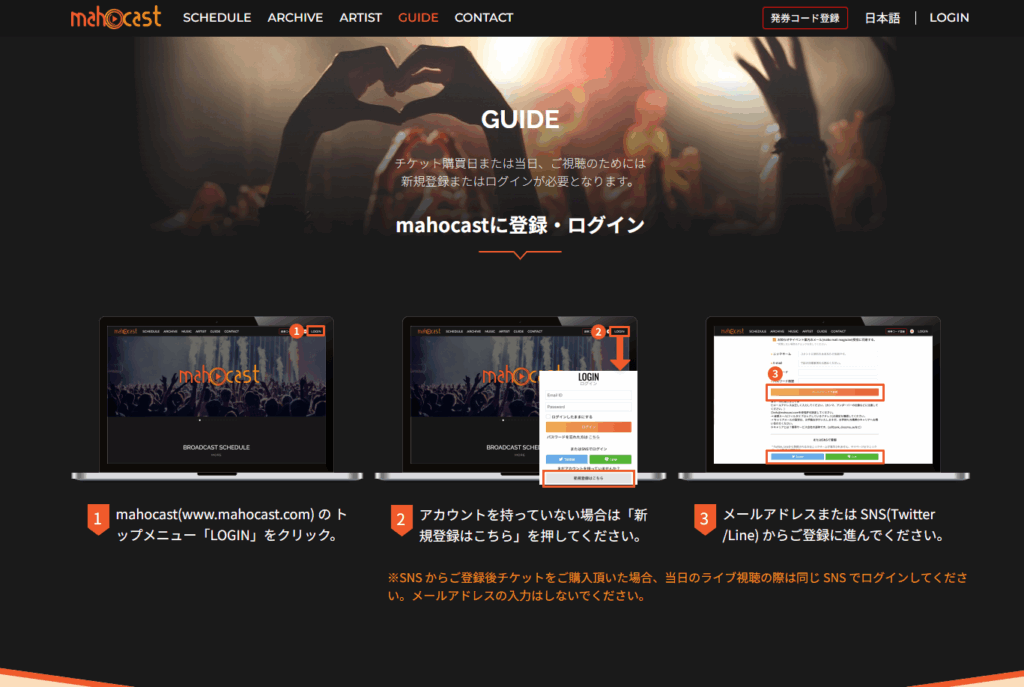
For more details about mahocast, click here:https://www.mahocast.com
Kameoka: Where do you see mahocast's strengths?
Cho: I think our greatest strength is that people tell us "It's so easy and fun to work with mahocast."
By combining our Japan-Korea network with an understanding of the cultural and business differences between the two countries, we can swiftly move from optimal coordination to creating synergies.
Additionally, we have technology as our foundation. We can handle ticket sales, fan clubs, and merchandise sales all together on our own platform. This comprehensive operation is something that's not easily replicated.
The Meeting Between STONE.B and ZVC
Kameoka: I'd like to touch on the story from our first encounter between STONE.B and ZVC to the investment.
From our first meeting, Cho-san was incredibly energetic (laughs). And more than anything, what you shared with me that day left a strong impression. When I heard that mahocast doesn't just produce events but handles everything as a one-stop shop, I thought, "Ah, this has real potential." As a bit of a side note, I later discovered that STONE.B was actually the organizer of the NMIXX concert in Japan—where I had bought tickets—and I felt it was destiny.
Cho: I also felt fortunate to meet Kameoka-san, who is so knowledgeable about this industry and Japan-Korea entertainment. Because you understand the industry well, being able to discuss what's important from a business perspective, as well as challenges and areas for improvement, is extremely valuable. I was also happy that you bought tickets to the NMIXX live show we were organizing. I'm grateful that you came as a fan. (I'm not sure if I should say this, but Kameoka-san bought the most expensive VVIP ticket. Thank you so much.)
Kameoka: And in terms of how we reached the investment decision, there were three major points that I found particularly strong.
First, STONE.B can provide nearly the entire value chain as a one-stop service—not just simple production, but planning, operations, fan clubs, ticket and merchandise sales, and more.
The fact that almost no other players can do this is a real strength. Because they can do everything, I feel there's potential for sustainable scale-up.
Second is the impressive track record.
For those not familiar with K-POP, the fact that a startup is handling events for IU and NMIXX is truly remarkable. IU is the top of the top in Korea, truly called the nation's songstress. NMIXX is also the next-generation flagship artist from JYP Entertainment, Korea's largest entertainment agency.
An example of an event organized by mahocast:
PR TIMES: TWICE's sister group, ITZY's sister group, NMIXX! Successful return performance in Japan "NMIXX CHANGE UP: MIXX LAB in TOKYO ENCORE" - "Let's stay together until we become grandmothers"(June 4, 2025, from STONE.B Inc.)
Third, as future upside, I felt this is a company that can expand globally.
I believe K-POP is a market with potential to expand as a blue ocean in Southeast Asia and Europe going forward. In that context, demand for entities that can plan and organize K-POP tours and events overseas will grow.
Cho: Our management team isn't purely "entertainment-focused." We've steadily built up concert organizing and production while running our platform based on our own system. This is somewhat unusual in the Korean industry, and I feel it's led to strong trust.
Kameoka: I recall hearing that Cho-san has also planned and managed events related to the Korean government. I think that background also contributes to the sense of trust.
Cho-san: Both myself and co-representative director Kim Wooje frequently travel between Korea and Japan, and in Korea, thanks to relationships we've built over many years, we continuously receive requests from entertainment agencies and production companies saying things like "Please handle the next event" or "Can you help us find a venue?"—without us having to do any sales outreach.
More than anything, I feel we're supported by the existence of our partner companies with whom we've built trust over many years.
Kameoka: Having that network is truly attractive.
Cho: For example, in Korea, HYBE—the major agency that BTS belongs to—comprehensively handles labels, management, merchandise sales, online streaming, and everything else. In fact, HYBE's chairman Bang Si-hyuk has said, "We're not an entertainment company, we're an IP company."
On the other hand, in Japan, fan clubs, labels, managers, and events are all typically handled by separate companies. This is very complex. Ideally, having one company that can handle everything would be most efficient.
This is STONE.B's strength.
Expectations for LY Corporation
Kameoka: Cho-san, what were your expectations as you moved forward in discussions with ZVC, and what are your expectations for future developments?
Cho: Fundamentally, when Korean artists go to Japan, I think the best approach is to be able to use LINE accounts for marketing first. And when Japanese artists expand globally, I think it would be interesting to use LINE official accounts, link them with LINE Mini Apps, and connect all the way to PayPay payments. LY Corporation's marketing and promotional power is strong, so if we combine that with STONE.B's IP, I believe major synergies should emerge.
Kameoka: LINE accounts also serve as a pathway to tickets and merchandise, and I think it's a platform that's very compatible with artists. By combining that with mahocast, I think possibilities will expand.
Also, ZOZO sells K-POP artist merchandise, and for example, at ZOZO Fes, they sell original collaborative apparel with the K-POP artist LE SSERAFIM. In that sense as well, I think there are many things we can do going forward.
Cho: Yes, exactly. What I'm most looking forward to right now is collaboration models between various K-POP artists and ZVC's partner companies. Beyond the concert business, by expanding our business based on artists' "brand power" through things like anime tie-ups and brand collaborations, I believe we can achieve great results.
Kameoka: I'd also like to ask about hiring. How many members does STONE.B currently have?
Cho: Including contract employees, 35 people. The mahocast business team has 3 developers, 1 designer, and about 5 people handling business operations including fan clubs.
Kameoka: What areas are you focusing on in your current hiring efforts?
Cho: In particular, we're looking for people who can handle all aspects of live event and concert production, and people who can do B2B sales in Japan. Additionally, to expand STONE.B's business, we need networks with Japanese companies. We're looking for people who understand the industry and love music. We'd be especially pleased with Japanese candidates in their 30s to 40s who can lead the team in a management role.
Kameoka: What kind of people do you think would be a cultural fit for the company atmosphere?
Cho: Naturally, the company attracts people who are bright and energetic. And we have interactions like eating together and going on trips to Korea. Also, there are abundant opportunities to learn about K-POP within the company. While eating together, we listen to K-POP music and can have conversations like "This band is great" or "This idol just debuted recently," so for people interested in K-POP, it's an excellent learning environment.
Kameoka: It sounds like "turning what you love into your work" could be one of your strengths.
Cho: That's definitely true. Sometimes employees put "pressure" on me saying things like "Give me more work" or "Please let me handle this project too" (laughs). Their passion for the work really comes through strongly. It's not that they're being "forced" to work—everyone truly "wants to and enjoys" doing it.
Kameoka: That's a wonderful environment. Finally, could you share a message for potential candidates?
Cho: Going forward, we're continuously developing exciting collaborations with K-POP artists and Japanese companies, as well as with Japanese IP.
Beyond fan clubs, live shows, and merchandise, we're making full use of ZVC's network to create broader business models. We sincerely look forward to hearing from people who can create a new future together with us!
Also, finally, may I say one more thing to everyone in Japan's entertainment industry?
While today's discussion focused on K-POP concerts in Japan, organizing concerts and fan meetings for Japanese artists in Korea and overseas is also an important part of our business. If any agencies, labels, or production companies are interested, please feel free to contact us.
Kameoka: Thank you very much for today!
If you're interested in employment opportunities at STONE.B, please contact us here
 Share
Share Share
Share Share
Share
